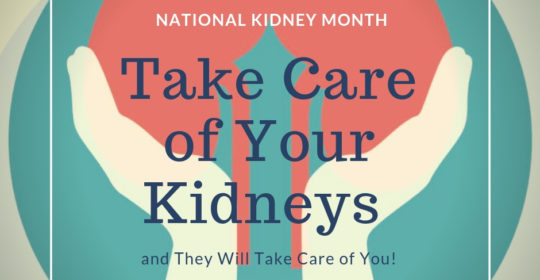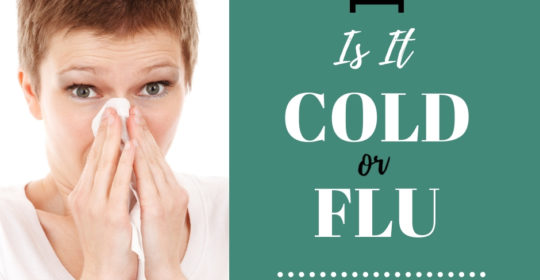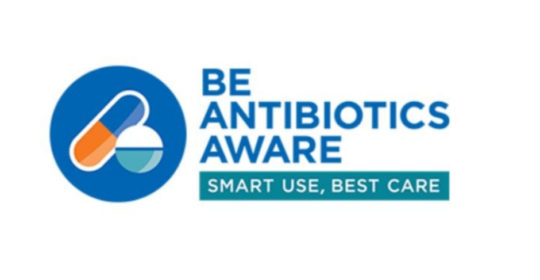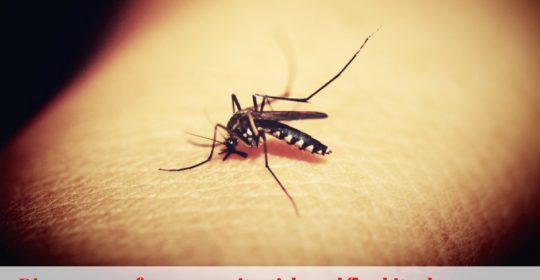
Health Alert
- Home
- Health Alert
-
APRIL 7, 2019
- 0 COMMENTS

-
-
MARCH 9, 2019
- 0 COMMENTS

Take Care of Your Kidneys and They Will Take Care of You
Your kidneys, each just the size of a computer mouse, filter all the blood in your body every 30 minutes. They work hard to remove wastes, toxins, and excess fluid. They also help control blood pressure, stimulate production of red blood cells, keep your bones healthy, and regulate blood chemicals that are essential to life. KidneysRead more- swifdev
- Diabetes,
- Health Alert,
- Health Tips,
- High Cholesterol,
- Hypertension,
- Kidney Health
-
-
FEBRUARY 16, 2019
- 0 COMMENTS

Know the facts about whooping cough
Whooping cough, or pertussis, is a highly contagious respiratory disease. It is caused by the bacterium Bordetella pertussis. Pertussis is known for uncontrollable, violent coughing which often makes it hard to breathe. After cough fits, someone with pertussis often needs to take deep breaths, which result in a “whooping” sound. Pertussis can affect people of all ages,Read more- swifdev
- Cough,
- Health Alert
-
-
JANUARY 26, 2019
- 0 COMMENTS

Is It Cold Or Flu?
What is the difference between a cold and flu? Flu and the common cold are both respiratory illnesses but they are caused by different viruses. Because these two types of illnesses have similar symptoms, it can be difficult to tell the difference between them based on symptoms alone. In general, flu is worse than theRead more- swifdev
- Asthma,
- Chest Pain,
- Cough,
- Flu,
- Health Alert
-
-
JANUARY 12, 2019
- 0 COMMENTS

Have You Ever Heard Of Norovirus
Norovirus is a very contagious virus that causes vomiting and diarrhea. People of all ages can get infected and sick with norovirus. Norovirus is sometimes called the stomach flu or stomach bug. However, norovirus illness is not related to the flu which is caused by influenza virus. Anyone can get norovirus illness Norovirus is the mostRead more- swifdev
- Diarrhea,
- Health Alert
-
-
NOVEMBER 12, 2018
- 0 COMMENTS

U.S. Antibiotic Awareness Week
U.S. Antibiotic Awareness Week is an annual observance that raises awareness of the threat of antibiotic resistance and the importance of appropriate antibiotic use. Antibiotic resistance is one of the most urgent threats to the public’s health. Each year in the United States, at least 2 million people get infected with antibiotic-resistant bacteria. At leastRead more- swifdev
- Health Alert,
- Health Tips,
- Uncategorized
-
-
OCTOBER 14, 2018
- 0 COMMENTS

Food Safety After a Hurricane and/or Flooding
In the aftermath of a hurricane and/or flooding, it is important for us to assess all food, food preparation areas, and equipment to decide what to keep or throw away. Hurricanes, especially if accompanied by a tidal surge or flooding, can contaminate the public water supply. Water in the hurricane-affected area may not be safeRead more- swifdev
- Health Alert,
- Health Tips,
- Uncategorized
-
-
MAY 25, 2018
- 0 COMMENTS

4 Steps for Healthier Swimming This Summer
Understanding Recreational Water Illness (RWIs) Summer is coming. Swimming and other water-related activities are some of the most popular activities during summer. However, they are not risk-free. One of the risks is known as recreational water illnesses (RWIs). Recreational water illnesses (RWIs) are caused by germs spread by swallowing, breathing in mists or aerosols of,Read more- swifdev
- Diarrhea,
- Health Alert,
- Health Tips
-
-
MAY 8, 2018
- 0 COMMENTS

Disease cases from mosquito, tick, and flea bites have more than tripled in the US from 2004-2016.
Almost everyone has been bitten by a mosquito, tick, or flea, which can be vectors for spreading pathogens (germs). A person who gets bitten by such a vector and gets sick has what is known as a vector-borne disease, like dengue, Zika, Lyme, or plague. According to the Centers for Disease Control and Prevention (CDC),Read more- swifdev
- Health Alert,
- Uncategorized,
- Zika
-
-
APRIL 16, 2018
- 1 COMMENT

Facts and FAQ About Irritable Bowel Syndrome (IBS)
April is listed on the U.S. National Health Observances calendar as Irritable Bowel Syndrome (IBS) Awareness Month. In 1997, The International Foundation for Functional Gastrointestinal Disorders (IFFGD) designated April as IBS Awareness Month. During this month, they work to focus attention on important health messages about IBS diagnosis, treatment, and quality of life issues. FactsRead more-
Categories
- AIDS
- Alcohol Abuse
- Arthritis
- Asthma
- Breast Cancer
- Chest Pain
- Conditions
- Cough
- COVID-19
- Diabetes
- Diarrhea
- Drug Abuse
- Eating Disorder
- Fatigue
- Fever
- Flu
- General
- Headache
- Health
- Health Alert
- Health Tips
- High Cholesterol
- HPV
- Hypertension
- Injury
- Irritable Bowel Syndrome
- Kidney Health
- News
- News & Events
- Pediatric Clinic
- Skin rash
- STD
- Uncategorized
- Zika
- STD Risk and Oral Sex 4418 September 8, 2019
- What You Need to Know About Chest Pain 3822 March 6, 2016
- COVID-19 in Children and Teens 3128 September 24, 2020
- Sexual Transmitted Diseases (STDs) 2903 February 2, 2018
- Shop Smart— Get the Facts on the New Food Labels 2806 March 20, 2020
Photostream
Archives
- February 2022
- December 2021
- October 2021
- November 2020
- October 2020
- September 2020
- August 2020
- July 2020
- May 2020
- April 2020
- March 2020
- February 2020
- January 2020
- December 2019
- November 2019
- October 2019
- September 2019
- August 2019
- July 2019
- June 2019
- May 2019
- April 2019
- March 2019
- February 2019
- January 2019
- December 2018
- November 2018
- October 2018
- September 2018
- August 2018
- July 2018
- June 2018
- May 2018
- April 2018
- March 2018
- February 2018
- January 2018
- December 2017
- May 2017
- July 2016
- June 2016
- May 2016
- April 2016
- March 2016
- February 2016
- January 2016
- December 2015
- November 2015
- October 2015
- September 2015
- July 2015
- October 2014
Tags
Make An Appointment
- 2702 Memory Lane
Chicago, IL 60605 - Online Booking:
[email protected] - Facebook:
facebook.com/medicenter - Twitter:
twitter.com/medicenter
Being in control of your life and having realistic expectations about your day-to-day challenges are the keys to stress management.
— Josh Billings
© 2022 Swift Health Urgent Care Atlanta | Privacy Policy | Sitemap


Most Commented